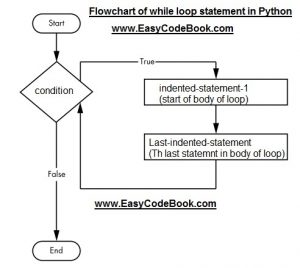

One way to do it might be to create an internal Line Loop in the input file where the crack originates. This would require duplicate nodes along the interface, the resulting mesh following the example has only one node on every coordinate. A finite element mesh of a model is a tessellation of its geometry by simple geometrical elements of various shapes (in Gmsh: lines, triangles, quadrangles, tetrahedra, prisms, hexahedra and pyramids), arranged in such a way that if two of them intersect, they do so along a face, an edge or a node, and never otherwise. The quality requirements on the mesh generator are imposed by the acceptance criteria of the classification societies as well as the need to avoid shear locking when using low degree shell elements. Possibly within Gmsh or alternatively an example using a similar open source mesh generator. This project also includes an interface with MATLAB through the file load_gmsh.m. This paper presents an algorithm for the fully automatic mesh generation for the finite element analysis of ships and offshore structures. To open a given mesh, you can use the contextual menu File -> Open, or if you're using a terminal, you can pass the mesh/geometry file as argument to gmsh (for example, $ gmsh mesh1.msh).
Gmsh for loop example install#
For Debian-based Linux distributions, use apt-get install gmsh.For standalone binaries (Windows included), go to Gmsh's website, extract them and run.To open those samples, you need to have a Gmsh binary.

A few samples of Gmsh meshes and geometries for using with Finite Volume solvers.


 0 kommentar(er)
0 kommentar(er)
